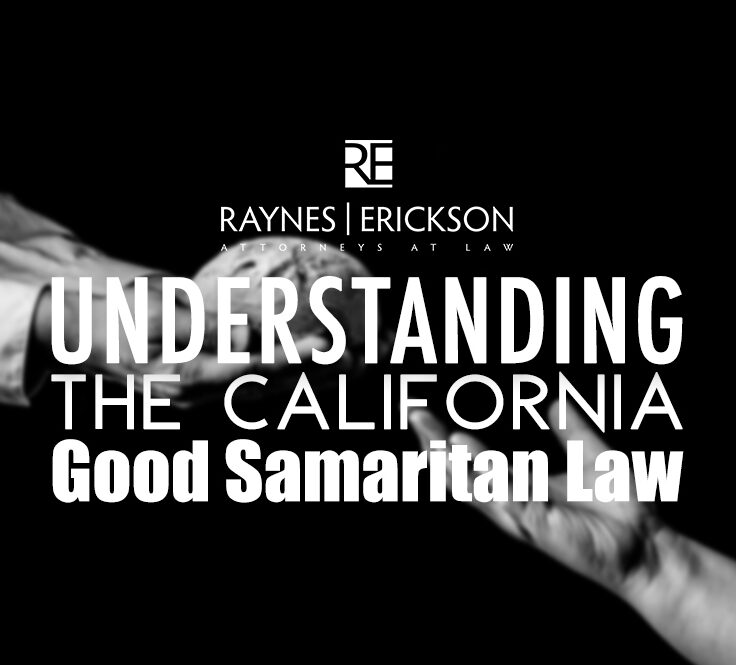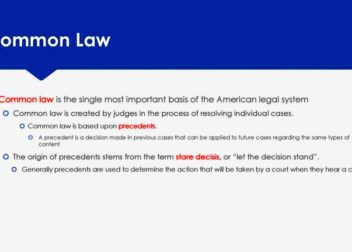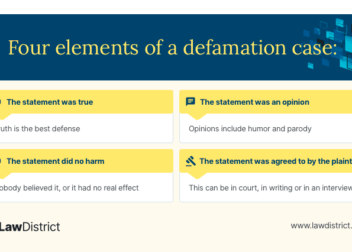Understanding Virginia’s Good Samaritan Law
Virginia’s Good Samaritan Law is designed to encourage people to help others in emergencies without the fear of legal repercussions. It offers protection to those who voluntarily provide assistance to someone in need. This law is important because it fosters a sense of community and ensures that individuals feel safe stepping in during critical situations.
Purpose of the Good Samaritan Law
The primary purpose of the Good Samaritan Law is to promote humanitarian acts by providing legal protection to bystanders who assist those in emergencies. Here are some key points about its purpose:
- Encouragement of Aid: It encourages individuals to offer help in emergencies, knowing they won’t be held liable if something goes wrong.
- Reduction of Hesitation: Many people hesitate to help due to fear of lawsuits. This law alleviates that concern.
- Protection for Volunteers: The law protects those acting in good faith while providing assistance, whether they are trained medical professionals or everyday citizens.
By establishing these protections, the law aims to create a culture of support and quick action in times of crisis, ultimately saving lives and reducing harm.
Who is Protected Under the Law
Virginia’s Good Samaritan Law protects a wide range of individuals who offer assistance in emergency situations. Understanding who is covered by this law is crucial for both volunteers and those in need of help. Here are the main groups protected:
- Bystanders: Any ordinary citizen who steps in to help someone in distress is protected.
- Medical Professionals: Doctors, nurses, and other healthcare providers are protected when they render aid outside their usual work environment.
- Emergency Responders: Firefighters, police officers, and paramedics are covered, even if they are off duty.
- Good Faith Responders: Those who act with the intent to help and without expectation of compensation are protected, regardless of their training or expertise.
This broad protection encourages more people to act when they see someone in need, knowing they are shielded from legal consequences as long as their actions are reasonable and in good faith.
Situations Covered by the Law
Virginia’s Good Samaritan Law applies to a variety of emergency situations where individuals may require immediate assistance. Knowing what scenarios are covered can help bystanders understand when they can safely intervene. Here are some common situations that are protected under this law:
- Medical Emergencies: If someone is experiencing a heart attack, stroke, or any other medical crisis, bystanders can step in to help without fear of liability.
- Accidents: In the case of car accidents, witnesses can provide first aid or assist the injured until professionals arrive.
- Natural Disasters: During events like floods or hurricanes, individuals helping others escape danger or providing shelter are protected.
- Choking Incidents: If someone is choking, a bystander who performs the Heimlich maneuver is covered by the law.
While the law covers these situations, the assistance must be reasonable and in good faith. By understanding these scenarios, people can feel empowered to act when they see someone in need.
Limitations of the Good Samaritan Law
While Virginia’s Good Samaritan Law offers broad protections, it also has its limitations. Recognizing these boundaries is essential for volunteers and bystanders. Here are some key limitations:
- Reasonable Assistance: The law only protects those who provide reasonable help. If someone acts recklessly or beyond their capabilities, they may not be protected.
- Intent: The law applies to those acting in good faith. If a bystander intends to cause harm or acts with gross negligence, protections may not apply.
- Non-Emergency Situations: The law does not cover assistance provided in non-emergency contexts or when help is offered inappropriately.
Understanding these limitations helps ensure that individuals act responsibly and within the bounds of the law when providing assistance to others.
Legal Implications for Volunteers
Volunteering in emergencies can be a rewarding experience, but it’s important to understand the legal implications involved. Here are some key points for volunteers to consider:
- Liability Protection: Volunteers are generally protected from liability under the Good Samaritan Law as long as they act reasonably and in good faith.
- Documentation: Keeping a record of the incident and the actions taken can help protect volunteers in case of legal questions later.
- Training and Knowledge: While anyone can help, having some training (like CPR) can enhance a volunteer’s confidence and effectiveness in an emergency.
- Insurance Coverage: Volunteers should check if their actions might be covered by any existing insurance policies or if they need additional coverage.
By being aware of these implications, volunteers can confidently provide help while minimizing their legal risks, ultimately creating a safer environment for everyone.
How the Law Encourages Bystander Intervention
Virginia’s Good Samaritan Law plays a crucial role in encouraging bystanders to intervene during emergencies. By offering legal protections, it reduces the fear of liability and promotes a culture of assistance. Here’s how the law fosters this behavior:
- Legal Safety: Knowing they won’t be sued for helping someone in distress gives people the confidence to act. This safety net is essential in emergencies where every second counts.
- Public Awareness: Community education about the law helps people understand their rights and responsibilities, making them more likely to intervene when needed.
- Positive Community Culture: As more people step in to help, it encourages others to do the same, creating a supportive environment where everyone feels empowered to assist in times of crisis.
- Training Programs: Some organizations offer training on how to respond in emergencies, emphasizing the protections provided by the law. These programs prepare citizens to help effectively.
By fostering a sense of responsibility and community, Virginia’s Good Samaritan Law not only saves lives but also strengthens social bonds, reminding us that we all have a role to play in helping one another.
Frequently Asked Questions
Here are some common questions people have about Virginia’s Good Samaritan Law:
- Does the law apply to everyone? Yes, the law protects anyone who offers assistance in good faith, regardless of their training or background.
- What if I make a mistake while helping? As long as your actions are reasonable and intended to help, you are typically protected, even if the outcome is not ideal.
- Are there situations where I’m not protected? Yes, if you act recklessly or with the intent to harm, the protections may not apply.
- What if I don’t have medical training? You can still help in many ways, like calling for help or providing basic first aid. The law protects your good intentions.
These FAQs highlight the importance of understanding your rights and responsibilities when helping others in emergencies.
Conclusion on Virginia’s Good Samaritan Law
Virginia’s Good Samaritan Law serves as a vital tool for encouraging compassionate action during emergencies. By providing legal protections, it removes the fear of liability that often prevents bystanders from stepping in to help. Understanding the scope of the law, its limitations, and the situations it covers is essential for both volunteers and citizens. As we foster a community where helping one another is the norm, we can save lives and create stronger social ties.
So, the next time you find yourself in a situation where someone needs help, remember that your good intentions are protected. By acting promptly and responsibly, you can make a difference, embodying the spirit of community support that the Good Samaritan Law encourages.


